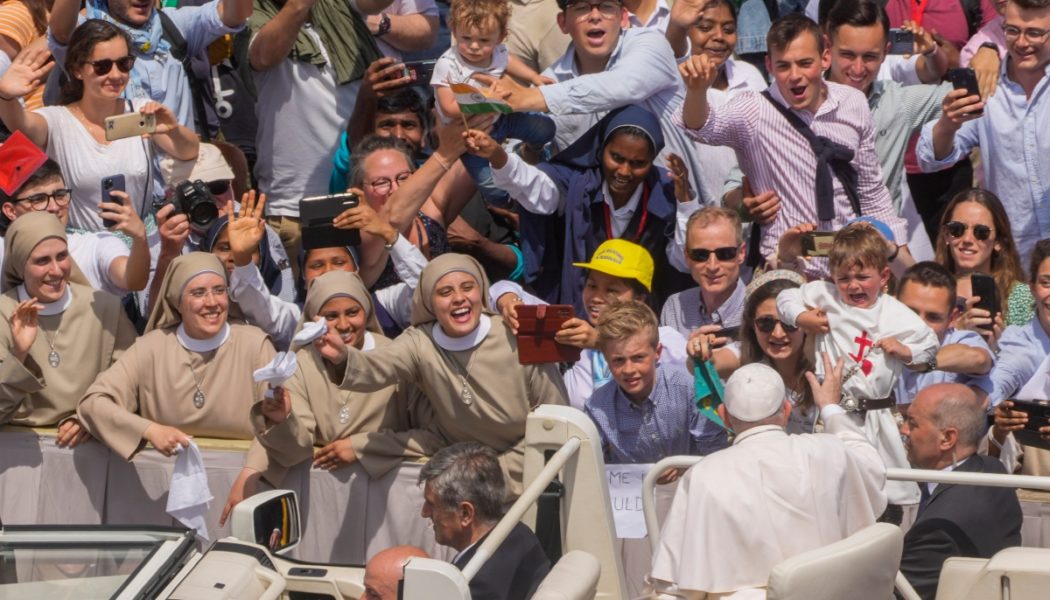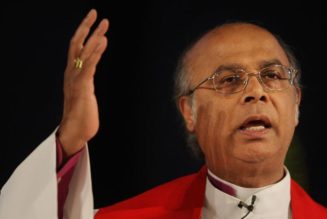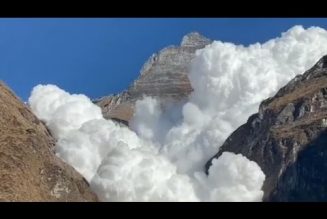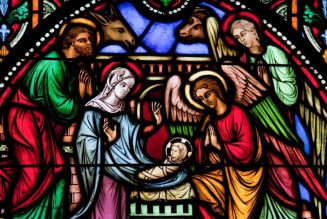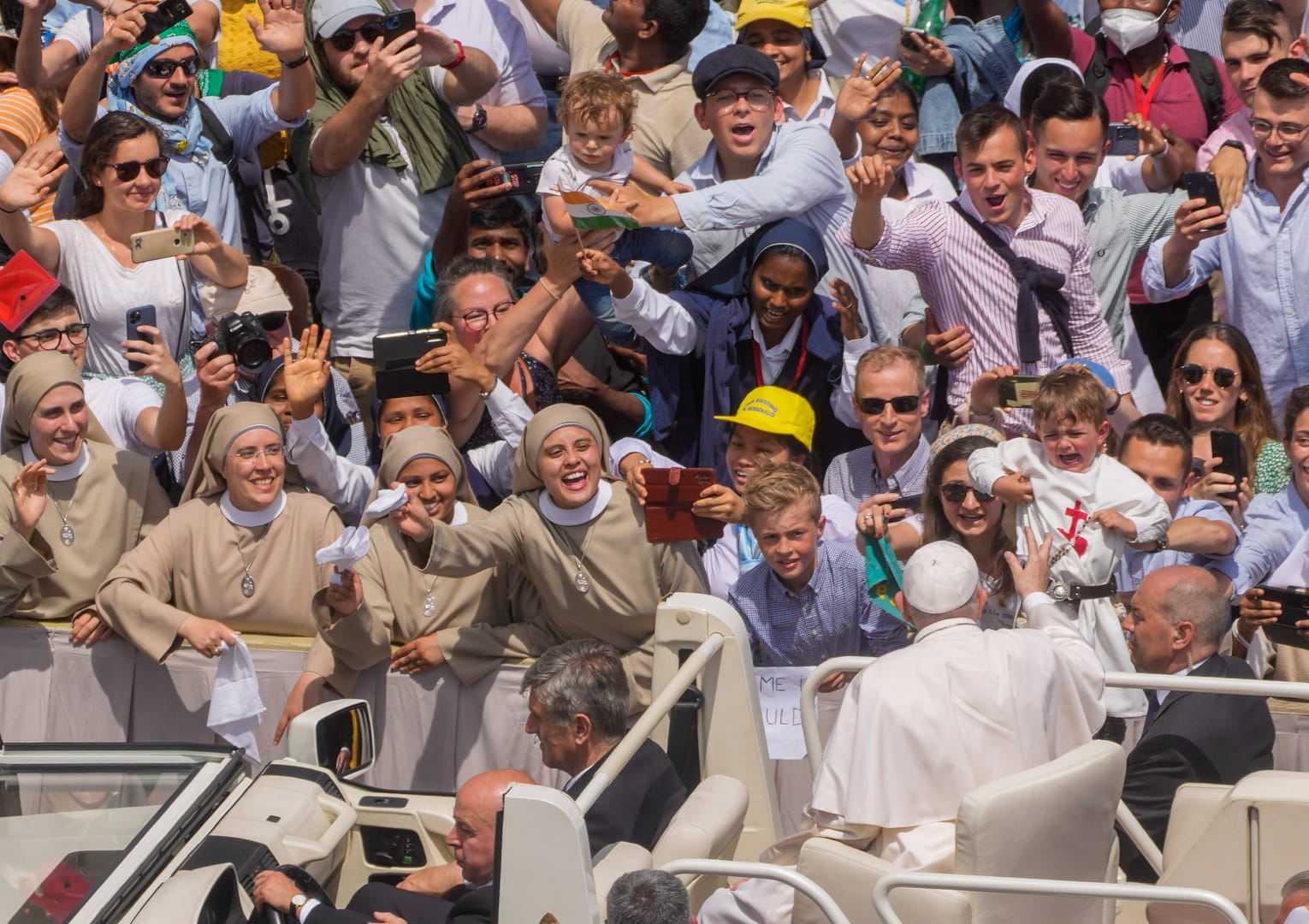
|
Listen to this story: |
ROME – Next Tuesday will mark three months of war in Ukraine. Many things remain unclear about the conflict, perhaps chief among them what Russian President Vladimir Putin’s endgame may be.
In Catholic terms, however, the great unknown at the three-month mark is what, exactly, Pope Francis and his Vatican team make of the situation.
So pronounced is the confusion that recently, four prominent Catholic authors, all seen as basically pro-Francis, penned a lengthy piece noting that the Russian Orthodox Church is claiming the Vatican as an ally in the conflict, and insisting that the pontiff needs to make the Vatican’s position clear. Among the co-authors was Massimo Faggioli of Villanova University, one of the most outspoken defenders of Pope Francis in the United States.
The perplexity is understandable, given that papal statements seem almost deliberately calculated to keep people guessing. On May 2, Francis gave an interview to the Italian newspaper Corriere della Sera in which, in the same breath, he accused Patriarch Kirill of Moscow, head of the Russian Orthodox Church, of being Putin’s “altar boy,” but also suggested that the conflict may have started due to “the barking of NATO at Russia’s door.” Francis has been photographed kissing a Ukrainian flag from Bucha, the site of alleged war crimes, but he won’t name “Russia” or “Putin” as the aggressors.
Obviously, the Vatican is against the war, in the sense that it always opposes the use of force to settle international disputes. It’s also in favor of creating humanitarian corridors to allow civilians to escape the fighting, and in favor of welcoming policies for refugees fleeing the conflict.
Beyond that, however, several critical points remain unclear:
- Whom does the Vatican blame for the conflict? Does it recognize legitimate security interests for Russia, or does it see this as a largely unprovoked war of aggression?
- Does the Vatican support the aggressive economic sanctions imposed by most Western states on Russia?
- Does the Vatican agree with the diagnosis of the Russian Orthodox Church that Putin is a defender of traditional Christian values, both at home and abroad?
- Does the Vatican support efforts to arm Ukraine as a legitimate expression of the right to self-defense, which is recognized by Catholic social teaching, or does it see the rush to provide weapons to Ukraine as a prescription for escalation of the conflict?
- Would the Vatican be willing to see Ukraine cede control of the Donbas or other parts of eastern Ukraine with Russian-speaking populations as a way to end the war, or would it see that as the inevitable prelude to wider conflict?
- What does the Vatican think about the expansion of NATO, especially the requests by Finland and Sweden to join immediately?
If anyone thinks they have definitive answers to those questions, I’d love to hear them.
So why is it so difficult for the Vatican to give a straight answer? Three explanations suggest themselves.
First of all, it’s among the defining features of the Francis era that he’s the first non-European pontiff in centuries, and therefore not beholden to the Western powers. At the beginning, it almost seemed that he had more in common with Putin than with any Western leader, including opposition to any wider conflict in Syria.
Francis’s credentials as non-aligned have been instrumental in his ability to open doors in many geopolitical settings, and they’re also important in an ecumenical context, especially with the Orthodox. As a result, it’s more or less a default setting of this papacy to resist being identified too closely with Western policies, and, at the moment, there’s no greater priority for Western governments than resisting Putin’s war in Ukraine. At the same time, there’s also a large chunk of the world, including China, where Francis has invested a great deal of his political capital in trying to improve relations.
Second, there’s the ecumenical dimension. Since the Second Vatican Council, modern papacies have committed themselves to the quest for Christian unity, and no front has loomed larger in that effort than dialogue with the Orthodox. The split between the East and West was, after all, the primordial Christian schism, and it’s understandable that papacies from St. John XXIII on have prioritized outreach to the Orthodox.
In the Orthodox world, Constantinople enjoys a theoretical primacy as the “first among equals,” but the reality is that the Russian Orthodox Church has most of the money and most of the people, which means that no ecumenical détente with the Orthodox will ever be possible without the Russians. Yet there’s also a swath of Orthodox opinion critical of Kirill’s de facto blessing of the war, a current the Vatican wants to acknowledge but without appearing to take sides in an internal Orthodox conflict.
Third, there’s the politics of the present situation. The truth is that while Francis personally may be wary of the conflict in Ukraine, he doesn’t necessarily want to be seen as bolstering those political forces who are leading the opposition.
In Italy, the most vocal critic of arming the Ukrainians at the moment is Matteo Salvini, leader of the anti-immigrant and populist Lega party. He was joined over the weekend by former Prime Minister Silvio Berlusconi, who argued that Putin is a great statesman and that Italy should be at the negotiating table rather than sending arms. Berlusconi represents the brand of neo-conservative values that aren’t exactly this papacy’s cup of tea, to say nothing of his infamous reputation for “bunga-bunga” bacchanals featuring young prostitutes.
In the U.S., the voice of opposition to support for Ukraine is coming from the pro-Trump wing of the conservative movement, which is not exactly a fan of the Francis papacy on many other fronts. In France, right-wing populist Marine Le Pen has been the leading figure in favor of a more pro-Putin stance.
In other words, even if Francis does believe Russia has a point in its conflict with Ukraine, he may be hesitant to be perceived as supporting figures clearly hostile to much of the rest of his social and political agenda.
Conversely, Francis’s own brand of populism may lead him to identify with grassroots anti-war sentiment even in nations where the political leadership is staunchly pro-Ukraine. In Italy, the government of Prime Minister Mario Draghi and most of the country’s establishment is solidly anti-Putin, but recent polls show that a majority of ordinary Italians are opposed to sending arms to Ukraine and prolonging the war. Francis may not want to endorse that sentiment explicitly, but he likely doesn’t want to disown it either.
None of this may justify a Vatican line on Ukraine that seems wobbly. But it may help explain why Francis appears so hard to pin down, at a time when so many other international actors are lining up on one side or the other.
Follow John Allen on Twitter: @JohnLAllenJr
Join Our Telegram Group : Salvation & Prosperity
